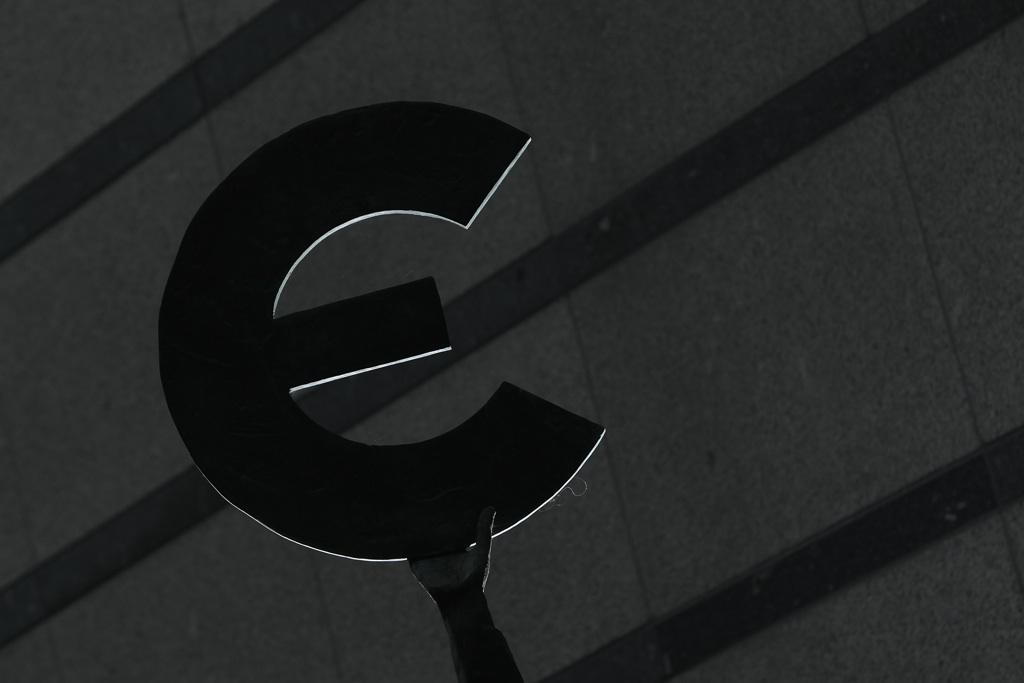Greece bailout: what now?
The Europe sculpture of Belgian artist May Claerhout outside the European Parliament building on November 17, 2011 in Brussels, Belgium.
For months now, Greece has been at the center of Europe's exhausting debt and euro crisis.
Figuring out what to do about the mess in Athens has, of course, caused fits from Berlin, to Paris, to Rome, Madrid, Lisbon, London and beyond.
So today's bailout — while by no means a cure — is a welcome development for everyone involved. And due to Europe's central role in the global economy, that means just about everyone on earth.
But that happy note aside, it's important to keep Europe's challenges in perspective.
GlobalPost's Paul Ames put it best:
Now all (the EU) has to do is help the country pull out of a five-year recession, get the one-in-five unemployed Greeks back to work and make sure that Portugal, Ireland, Spain and Italy don't end up sharing a similar fate.
That will be no easy task.
As GlobalPost's Ken Maguire reported today from Athens, plenty of Greeks feel like sacrificial lambs — enduring economic pain so the EU can save the euro.
“Psychologically, I am close to collapse because I am concerned about my family,” Dimitris Paras, a 38-year-old investment banker who was laid off one month ago told Maguire. “Now, I either work for a coffee shop or go abroad.”
“There will be a point when people won’t take it anymore,” he added.
Even more troubling — for European unity, anyway — is a growing divide about where to go from here.
On one side, you've got German Chancellor Angela Merkel, beloved by many Germans for her austerity approach, a tough love strategy supported by her trusty sidekick, French President Nicolas Sarkozy.
On the other side of that divide there's Britain, Italy, Spain, and nine other EU countries who today appealed to Brussels to place growth over "Merkozy's" austerity treatment program.
“Growth has stalled. Unemployment is rising. Citizens and businesses are facing their toughest conditions for years,” the leaders of these 12 countries wrote in a letter sent Monday to top EU officials in Brussels.
“We need to restore confidence among citizens, businesses and financial markets in Europe’s ability to grow strongly and sustainably in the future and to maintain its share of global prosperity.”
And who didn't sign the letter?
The leaders of two rather important European countries.
Here's a hint:
One rhymes with prance. The other with hermany.
For more from Thomas Mucha on Twitter: Follow @thomaswmucha
We want to hear your feedback so we can keep improving our website, theworld.org. Please fill out this quick survey and let us know your thoughts (your answers will be anonymous). Thanks for your time!
